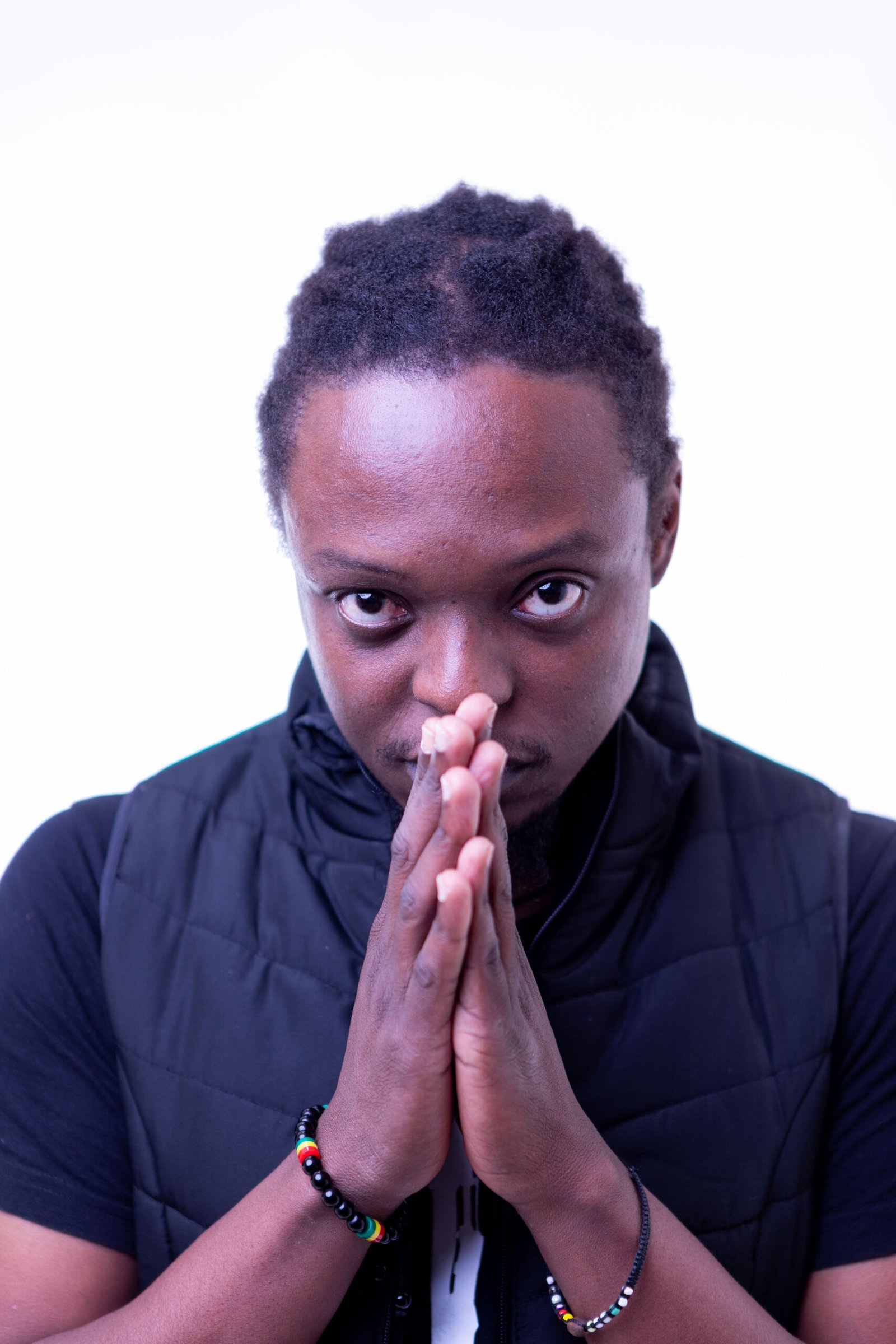


Mandela is a very private person. Asked to tell me 3 random things most people do not know about him; he responds by saying there is a reason it is unknown, and he would prefer it remain so.
I met Mandela before I met “Third Eye” – the human behind the music, in 2015 when I was still in University at Chancellor College on Twitter. We started talking via social media, and we instantly clicked. He would travel with his friend Chiko from Lilongwe to Zomba and we would have chill hang-out sessions on the Zomba Plateau.
I was learning about his music. He believed in my writing. That was what we most times discussed. I had a lot dreams, and he had a lot faith in them.
Mandela Mwanza has been in the creative industry in Malawi for 2 decades now. He started officially producing music in in 2000, and is currently is the CEO of Soul Rebel Entertainment.
“It must have been 1999, or early 2000 when I first started recording music. I was 16 then. Dominant One, Basssik and Lazee had been producing beats since 1998 on this MTV Music Generator on Playstation. We were fooling around, getting better and just happy to be producing. In 1999, we got a hold of the Fruity Loops Music programme, and I got serious about music. We would take beats to the studio on floppy disks to record over.”
Asked about what he thinks must change in the industry – he says that the industry already reached its prime.
“It’s on the way down. As the numbers grow, the quality goes down. You won’t see any new stars who you do not know already right now for a long time. That is a sign that the industry is on its way down.”
Mandela deeply believes in monetising your art.
His favourite artist is Jay Z, newly a billionaire ($), who champions financial literacy through his music.
“Artists in Malawi need distribution channels that are currently inexistent. It is not up to them whether they monetise or not. They need a ready market that is ready to buy and consume this music – which is defined by economies putting luxury. That is dependent on how much disposable income Malawians have in their pockets.
I asked him if he believes the market with disposable income exists; and his response:
“You tell me”.
He says that he is not scared of anything.
“I don’t think there is anything that I can go through that I have not survived already.”

In his view, people are more scared of the unknown, and survival wipes out all fear. He feels he kinda knows everything.
Mandela is even more private about his personal life, but was able to open up a little about it.
Ntha: “Sooo… Husband?”
Mandela: “Maybe.”
Ntha: “She is pretty though.”
Mandela: “Thanks.”
Ntha: “Is she coming to Malawi with you?”
Mandela: “My private life is private, Ntha.”
I have had concerns about the creative industry (or lack there of) in Malawi having an effect of the mental health of artists in Malawi; and he shared his views on the same.
“Being a creative is usually a mental health escape route. I do not think anybody in the creative industry can complain about their creativity negatively affecting their mental health – because creativity is the medicine, the escape.”
We have seen artists and creatives commit suicide – despite having creativity.
“It’s because that gateway did not help. The creativity did not solve their mental health problems – and at the peak of their creative talent, they cannot picture another way out.”
Most creatives invest half of their lives to their crafts. They live, breathe, and will most times risk everything for their art.
“They don’t intend to find a new way of living their life”.
We have had a rise of suicide cases related to mental health lately. There is a usual narrative paraded on social media painting suicide as an escape, and going further to say that suicidal people should think of the people around them as it does not stop, but only transfers the pain.
“It’s more of defiance, than it is running away. That’s all I can say. Rest in peace to Jaba (HHP), PRO, and Chris Kantai.”

Photos (c) By Ntha Media, shot by Bensam Entertainment.